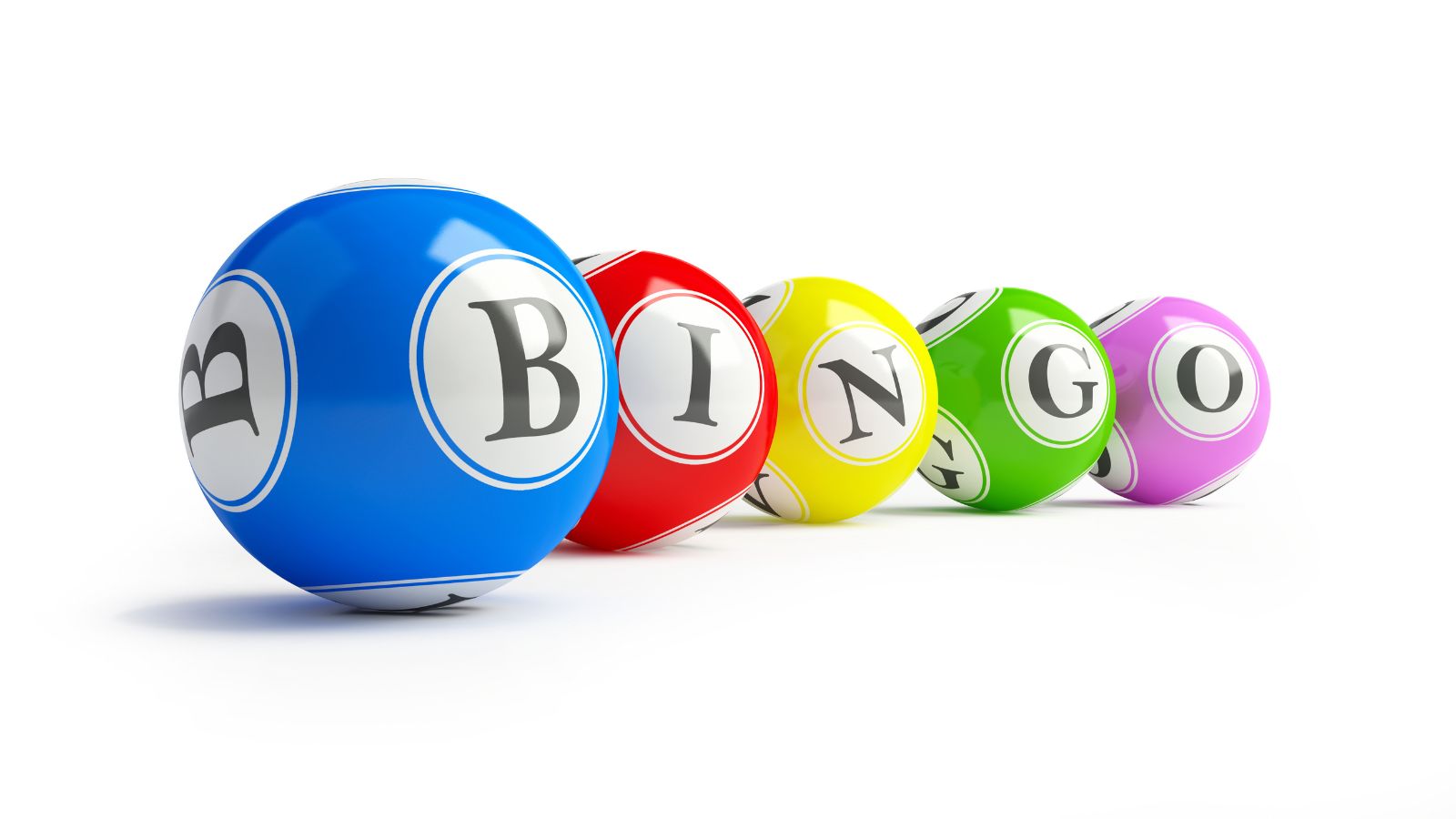Coffee Drinking Habits in 2025: From Millennials to Gen Z

Coffee isn’t just a drink—it’s a way of life. By 2026, the way we enjoy coffee has changed in some pretty interesting ways. Millennials and Gen Z are leading the charge, redefining how we get our daily caffeine fix.
Let’s take a closer look at some of the trends and habits we can expect to see in the coffee industry in 2025.
The Influence of Trends
Millennials and Gen Z are big on personalization. They don’t just want coffee; they want an experience. This has given rise to what we call trending coffee. It’s not just about taste.
Presentation, sustainability, and even the story behind the beans matter. Think whipped espresso, plant-based lattes, and ethically sourced beans. These trends aren’t about fitting in but standing out, making coffee as much about identity as it is about caffeine.
Specialty Coffee Takes the Spotlight
Today’s younger generations aren’t interested in basic cups of joe. They crave quality. Specialty coffee is where it’s at. They’ll research where the beans are grown and how they’re roasted. Words like “single-origin” and “fair trade” aren’t just labels to them; they’re selling points.
Tools like Tastewise have helped brands track this interest. It’s clear that Millennials and Gen Z care about thoughtful choices. With apps available to guide their purchases, it has never been easier to discover coffee worth savoring.
Numbers Don’t Lie
Demand for quality and innovation in coffee is booming, especially among younger consumers. A report shows that 66% of Americans aged 25–39 enjoyed specialty coffee last week, making them the top age group in this category. A big part of this shift comes from Gen Z, whose coffee choices are shaped by social values, digital trends, and a love for personalization. Sustainability is also a major factor for this group.
Over 70% of Gen Z prioritize sustainable food options, and 61.3% are willing to pay more for ethically sourced products. As a result, coffee producers and retailers are rethinking their sourcing and packaging strategies to keep up with the values of these dynamic, conscious consumers.
Coffee at Home Gets Gourmet
Home brewing has come a long way. By 2026, many people will have created personal coffee bars in their kitchens. Gen Z especially loves showing theirs off on social media. Fancy latte art? Check. Perfectly frothed oat milk? You bet.
The pandemic may have kick-started this trend, but it has stuck for good. Flexible work schedules add fuel, as more folks drink their coffee at home than swing by a café. Tech-savvy Millennials and Gen Z are investing in gadgets too. Smart coffee makers, cold brew systems, and bean grinders are everywhere.
Social Media Shapes the Buzz
Coffee culture lives online. Instagram and TikTok are packed with videos of trendy drinks and hacks. Ever heard of dalgona coffee? Social media made it a hit. That influence hasn’t stopped.
What’s more, coffee content isn’t just visual anymore. With ASMR videos, coffee preparation is a whole sensory experience. People use these platforms to learn, share, and stay informed about new trends. Many brands tap into Tastewise’s food trends to stay relevant in this ultra-competitive space. If it’s going viral, you can bet they have a take on it.
Sustainability is Key
Millennials and Gen Z are environmentally conscious. They don’t just look for flavor in their coffee; they want companies to show responsibility. Compostable packaging, carbon-neutral processing, and “farm-to-cup” practices are must-haves.
Reusable cups and plastic-free straws have become the norm. Many coffee fans even participate in programs where they can refill containers instead of getting new ones. To this crowd, coffee isn’t just about what’s in your cup but how it got there.
The Growth of Alternative Milks
By 2026, dairy-free is practically mainstream. Oat milk took the lead, but almond, soy, and coconut are also staples. Gen Z, especially, values variety. Baristas now ask “What milk would you like?” almost automatically.
Plant-based drinks aren’t just about dietary restrictions. They’re about preference, trendiness, and sustainability. Coffee shops have embraced this shift. They carry multiple options and even design drinks to showcase their flavors.
Convenience with a Twist
Convenience is still king, but fast doesn’t mean boring. Drive-thrus keep evolving. Think AI-powered ordering and faster service. But younger coffee lovers care about the details too. They want high-quality ingredients, no matter how fast their order arrives.
On-the-go coffee solutions like canned nitro brews or bottled lattes look chic and taste premium. Convenience in 2025 is more about balance: speedy service paired with delicious flavor.
What the Future Holds
Millennials and Gen Z are reshaping every facet of the coffee world. They demand more transparency, crave unique experiences, and turn daily caffeine habits into creative expression.
Through platforms like social media and tools such as Tastewise, new ideas spread fast, pushing the industry to innovate constantly. The result? A dynamic, vibrant coffee culture that caters to taste, values, and individuality.
The future of coffee isn’t just about keeping up. It’s about standing out.






